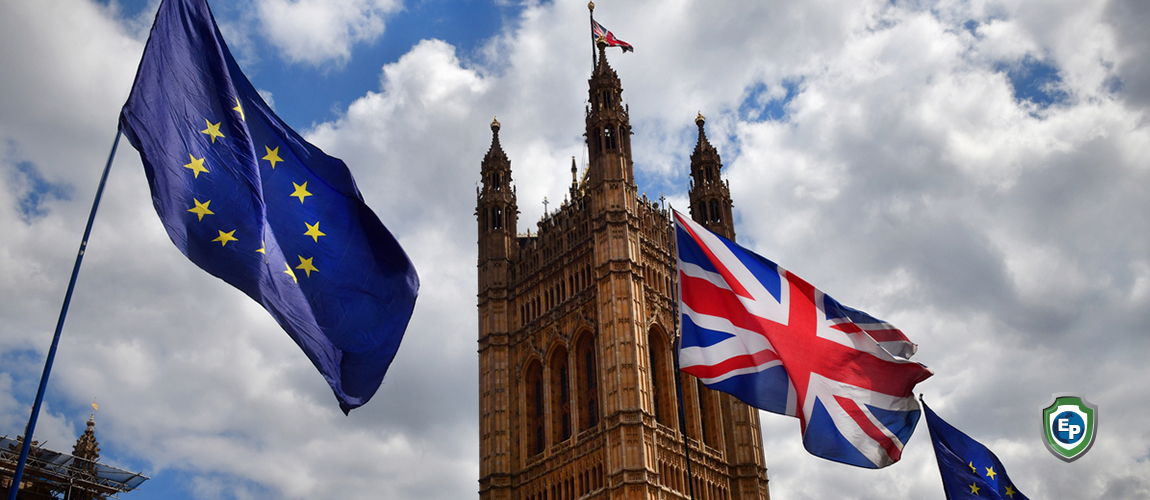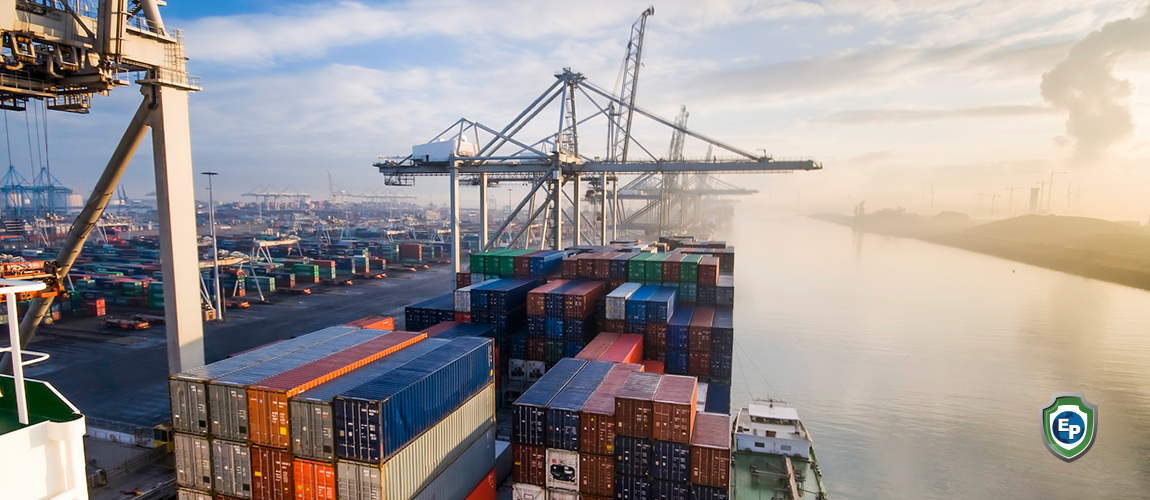Regional Trading Blocs and Multilateral Free Trade | Read More
Countries in the same region forming a trade bloc often make concessions that prioritize their trade interests. This can imports and competition from outside the bloc through tariffs. Learn more here!

Regional Trading Blocs and Multilateral Free Trade
Countries in the same region coming together to form a trade bloc make concessions among themselves that prioritize their trade interests, often limiting imports and competition from outside the bloc through tariffs. Favoring your neighbors at the expense of others flies in the face of free trade and the free movement of goods, services, labor, and capital around the world. As regional trading blocs grow, they might become too powerful and try to protect their dominance at the expense of liberalization. Powerful forces who benefit from within might also try to create and maintain monopolies.
Depending on the level of integration, regional trade blocs impact the ability of members to pursue trade agreements or economic policies of their own. Members trading outside the bloc will do so concerning specific rules that govern a Preferential Trade Area, a Free Trade Area, a Customs Union, or a Single Market. As the case with the United Kingdom’s relationship with the European Union, some Brits strongly believe this is a loss of sovereignty that negatively affects the UK’s ability to handle its domestic policy.
Interdependence in a trade bloc can offer opportunities, but can also expose neighbors to risks. Risks include conflict, the effects of a natural disaster, or the mismanagement of one partner who’s not sticking to the rules they have all agreed on — well-documented crises like the Greek debt crisis highlight how one country can affect the rest. The migrant crisis in Europe also shows the difficulty with managing free movement within a trade zone and the debate about national and regional solutions.

Despite all these challenges, regional trade blocs can be a starting point for economic integration and a platform for members who have already harmonized their economic trade policies to go on and negotiate with other blocs. This can be better than negotiating countless, often competing bilateral trade deals with many partners. A successful and growing trade bloc is attractive to non-members eager to join, thus increasing the bloc’s influence on the global economy. This can make the bloc more attractive as a negotiating partner with other countries and trade blocs, expanding multilateral trade.
Maybe regional trade blocs would better serve free global trade if they were created with that end goal in mind. Still, global integration is usually undermined when leaders try to better serve their interests against the rest. At the heart of the debate is fair trade and what it means to different countries at different stages of economic growth.
Learn More with Export Portal
At Export Portal, we believe in being a truly comprehensive international trade marketplace. That includes helping our users learn everything they need to know about global trade. Subscribe to our newsletter today to stay in the loop!






Comments 0